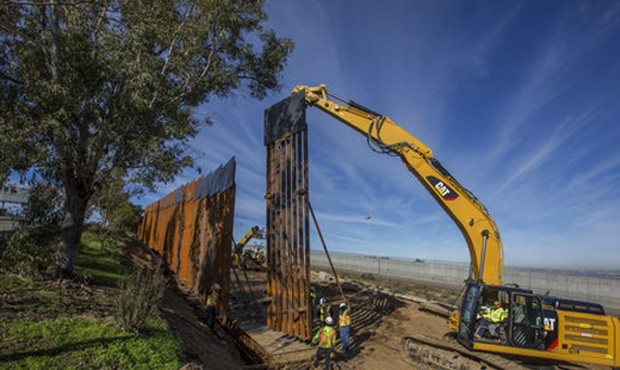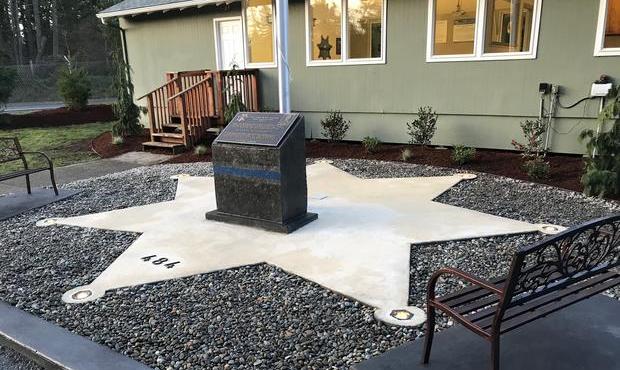Washington could become first state to legalize human composting
Jan 3, 2019, 6:11 AM

(AP Photo)
(AP Photo)
Since immortality seems to be off the menu, people are left to simply choose how they want their precious, lifeless body to be disposed. Options are pretty limited: There’s burial, cremation, and cryogenics, which appears to be burial with false hope.
But soon Washingtonians may be able to have themselves composted like fruit and vegetable scraps, if a bill sponsored by State Senator Jamie Pedersen passes in the legislature, reports NBC News.
“There’s a part of me that kind of wonders at what point in the future will society look back and be like, ‘Really, you buried your dead?'” said KIRO Radio’s Drew Barth.
“And not just buried them,” added co-host Mike Lewis. “Buried them in hermetically sealed containers, so all of the potential benefit of composting doesn’t really happen.”
Here’s how it works: First, obviously, you die. Then your body is placed in a vessel on a bed or organic material like wood chips, alfalfa or straw. Then you just set it and forget it. In about a month, your corporeal existence is little more than a cubic yard of compost that can be used to grow plants, and probably not other human beings.
RELATED: Green burials can feel raw, cathartic and are easier on the environment
Recompose is a public-benefit corporation that aims to be one the first to offer this service. They recently co-sponsored a $75,000 pilot program with Washington State University. Its goal is make the burial process more environmental in nature, as human composting creates a nutrient-rich soil, potentially improving water absorption and reducing erosion. Burial can sometimes lead to chemicals in the ground, and the cremation process releases carbon dioxide.
While the entire human composting process may seem pretty gross, it’s not like the alternative is totally pleasant.
“I would caution anyone who feels squeamish about this to suggest: these bodies are decomposing anyway,” Mike said. “No matter what environment you put them in, you might as well harvest something back from that.”
The initial issue would be the cost. Recompose is planning to charge $5,500 for its human composting services, which is a little less than the average cost for a burial at $7,000, but plenty more than cremation (usually around $1,000).
“I was a little surprised at the cost,” Mike said. “If you’re becoming compost, one would hope that it would relatively cheap, maybe you’d even get paid for it.”
RELATED: State Supreme Court ends death penalty in Washington













